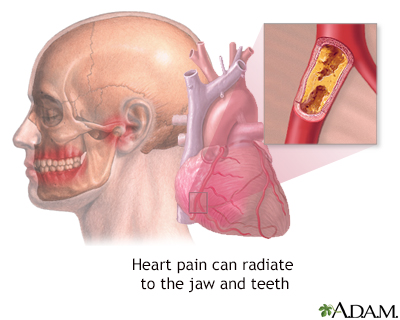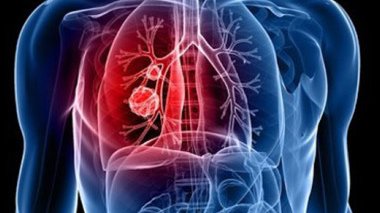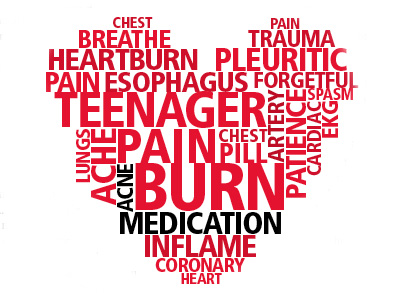

As the spine eventually starts to degenerate with age, one or more intervertebral foramina (bony openings where the spinal nerves exit the spinal canal) may become smaller, called foraminal stenosis. See Upper Back Pain from Intercostal Muscle Strain Thoracic spondylosisĭegeneration in the thoracic spine, also called thoracic spondylosis, can involve thoracic osteoarthritis, thoracic degenerative disc disease, and other wear-and-tear conditions of the thoracic spine. For example, a strain in an intercostal muscle (muscle between adjacent ribs) can cause a band of pain felt along the rib in both the chest and upper back area. It is also possible for a muscle strain in the chest to refer pain to the upper back and vice versa. It is possible for muscles in both the chest and upper back to be strained at the same time, such as from overuse or lifting something that is too heavy.

Several muscles in the chest and upper back are used together while performing activities related to the upper body, such as rowing, throwing a ball, lifting weights, painting walls, or washing windows. Some of the more common causes of upper back and chest pain include: Muscle strain Use some ointment and saline drops to keep your nasal passages moist.Ĭlick here to return to the "Good Morning America" Web site.Common Causes of Upper Back and Chest Pain

Upper chest discomfort when breathing crack#
Nosebleeds commonly occur in the winter because the nasal passages get dried out and crack - either from the low humidity and cold air outside or from the dry heated rooms indoors.

Many people get nosebleeds in the winter. Since women are more susceptible to Raynaud's, it's especially important that they keep their hands and feet warm. For others, wearing mittens to keep your hands warm will prevent your arteries from constricting. Sufferers can take medications to prevent attacks, especially if the condition is so severe that it interferes with your ability to function in the winter months. In serious cases, an artery can be totally blocked, resulting in sores or even gangrene.
Upper chest discomfort when breathing skin#
That happens because the arteries that supply blood to the skin close down, limiting blood circulation to the affected areas. Those people suffer from Raynaud's syndrome, and any exposure to the cold - even from taking food from the freezer of a grocery store or briefly going out in the cold - can trigger spams in the blood vessels in your fingers, toes, ears and the tip of your nose.Īccording to the Mayo Clinic, the spasms will cause those areas of the body to feel numb and then change color - from white to blue then red. You may have experienced tingling pain and numbness when you've been outside in the cold for any length of time, but 10 percent of people - primarily women - get that feeling from exposure to even the slightest cold. Cold-Weather Tingles Can Be Sign of Raynaud's Syndrome If you already have been diagnosed with heart disease and you get chest pain in the cold, you should talk to your doctor about whether you should take a nitroglycerin tablet about 15 to 20 minutes before you go outside in winter weather. Tell your doctor if you feel chest pain, shortness of breath or any chest discomfort or tightness in the cold. For someone with an undiagnosed heart condition, simply breathing in cold air can lead to chest pain.Įven minimal exertion outdoors could trigger a heart attack, Savard said. Just as cold air constricts the lung muscles, it can cause arteries to constrict and raise your blood pressure. If you feel chest pain when you are breathing cold air, tell your doctor immediately because it could be a sign that you have a heart condition.


 0 kommentar(er)
0 kommentar(er)
